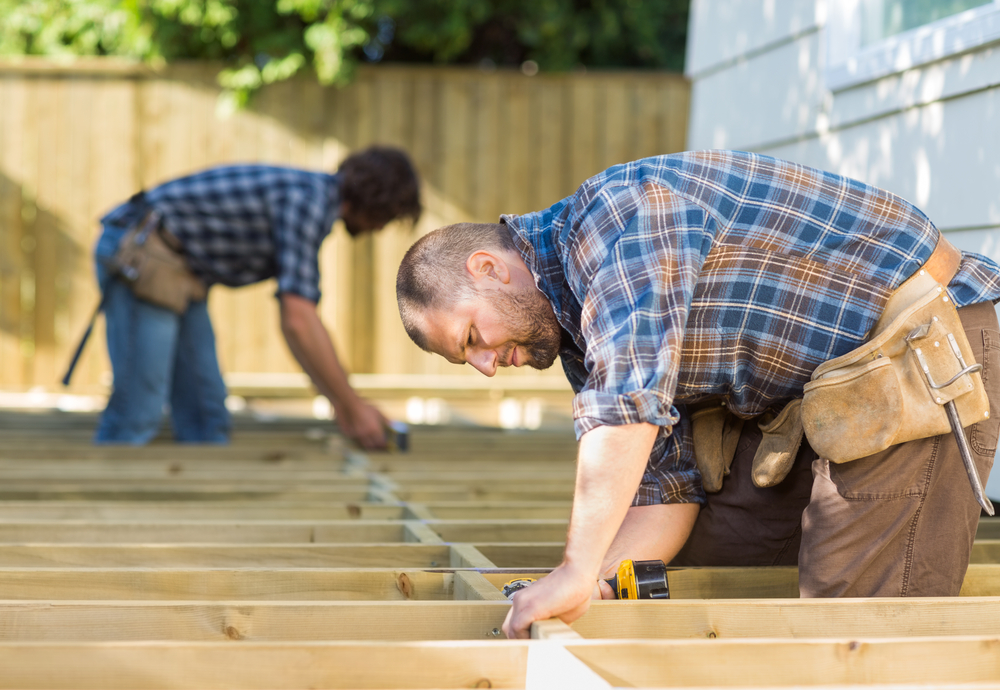Summer DIYs and Other Home Projects

Fire Pits
Roasting marshmallows by the fire on a summer night? Yes please! Just make sure you do your homework. In Massachusetts, fire pits are subject to MassDEP open burning regulations. There are rules that govern who, what, where and when; some MA towns prohibit open burning altogether. If you’re not sure about fire pit placement, contact our Mansfield insurance agency. He or she can advise you on any carrier concerns while reviewing your limits and explaining your protection against risks from flying embers.
In terms of damage to the unit itself, a small, portable fire pit most likely falls under “personal property,” meaning that only certain types damage would be covered by homeowners insurance. A larger, more permanent fire pit might qualify as an “unattached structure,” which means you would need to review your “other structures” coverage. Once your pit is built, make sure you follow fire pit safety rules to help avoid claims from happening in the first place.
Decks
Decks are the perfect addition for relaxing with family after a day at the beach. And, as long as the deck is attached to your house, it should fall under your dwelling coverage. But that doesn’t mean you have a lifetime warranty. Before you pull out the hammer and nails, make sure you know where deck coverage begins and ends. Depending on your policy’s language, your carrier would typically take care of damage caused by:
- Fire
- Windstorms
- Lightning
- Snow, ice, or hail
- Falling objects
- Theft or vandalism
- Vehicles or aircraft
However, as a general rule, home insurance is designed to cover sudden, accidental events. So if your deck falls apart due to wood rot, termites, mold, or ongoing disrepair, your insurance probably isn’t going to help. Damage from extreme events like sinkholes, earthquakes, and floods is also not typically covered by dwelling insurance alone. We recommend calling your agent to discuss your deck project and to ensure a clear understanding of coverage terms.
Air Conditioning
As far as summer DIYs go, this one is pretty essential. But does insurance cover AC units? Like most insurance questions, it all depends… Window AC units are treated differently than central AC units. Window units are generally considered personal property. They aren’t covered as extensively as a central AC unit, which is considered a part of your home’s structure. Central AC units may be covered against fallen trees, branches, or lightning strikes. Neither type of unit is covered against natural wear and tear, or against random accidents (e.g. a hard-hit foul ball off your kid’s bat). However, if you are upgrading your home with central air, it’s a good idea to let your agent know; the improvement may affect your home’s overall replacement value.
Home Addition
In a previous blog post we answered the question: how much is home insurance? That article addresses factors that determine home insurance costs more thoroughly, but suffice it to say square footage plays a role. No surprise then, adding on to your home or building a garage will likely increase your premium. Contact your agent before beginning a major home addition–not only to learn more about protecting the finished product, but also to be certain your contractors are fully insured (or, if you’re doing the work with friends, to be sure your own liability limits are high enough to protect you in the event of a serious injury).
Again, please speak with your agent if you have questions about your summer DIYs, and happy DIYing!
